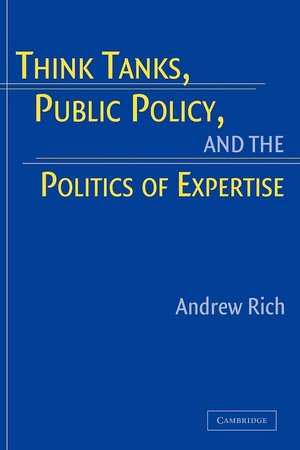It was just
reported that Sen. John McCain (R-AZ) has "donated" big bucks to fund a foreign policy think tank which will have offices in both Washington, DC and Arizona.
Republican Sen. John McCain has donated $9 million of money left over from
his 2008 presidential campaign to fund a foreign policy think tank connected to
Arizona State University, the school announced Thursday.
The McCain Institute for International Leadership, a nonpartisan and
nonprofit education and research center, will promote “character-driven
leadership” in global humanitarian work, human rights and national security,
according to a university news release.
Former U.S. Ambassador to NATO, Kurt Volker, who has been named director of
the institute, said it has “a real opportunity to fill some gaps in
Washington.”
Two of its top priorities, he said, would be building “future
international leadership through a Fellows program” and engaging directly “with
senior decision-makers in developing, analyzing, testing, and promoting the
implementation of innovative policies.”
The institute’s formal dedication is planned for later this year. It’s
offices, to be located in the nation’s capital and on the Arizona State campus
in Tempe, will become operational in early 2013.
As the Arizona Republic
notes, it is unusual, but not unprecedented, for a sitting senator who has not announced retirement plans to get his own institute. The article notes that Senate Minority Leader Mitch McConnell (R-KY) has had a center at the University of Louisville since 1991 -
The McConnell Center. [McConnell's wife, former Secretary of Labor
Elaine Chao, is a Distinguished Fellow at Heritage Foundation.] McCain already has some think tank experience, including as an Advisory Board Member at the Center for Strategic and International Studies (CSIS). McCain is also a member of the Council on Foreign Relations (CFR), as well as the Chairman of the
International Republican Institute (IRI), which many consider a conservative think tank.
Here is what the Arizona Republic says about funding for McCain's new think tank:
McCain is using $9 million of leftover cash from his 2008 presidential campaign to get the institute started. He began transferring the money to ASU through a recently created charitable trust called the McCain Institute Foundation. Charitable contributions are an allowable use of surplus campaign money under federal election law. The $9 million donation is expected to initially generate about $500,000 in interest a year, an amount that ASU will match. The institute also is planning significant additional fundraising efforts.
McCain, 75, said his decision to donate the unused campaign money to his namesake institute should not be construed as an indication that he won't seek a sixth Senate term when he comes up for re-election in 2016. But he made clear the frustration he feels these days as a member of the minority party in the Democratic-controlled Senate.
According to Federal Election Commission (FEC)
rules, presidential candidates with leftover funds can't use the money for personal expenses. McCain donated to his personal charitable trust. So how exactly does McCain get around that? Well, he knows the rules quite well, since he wrote many of them. Actually, the FEC says that gifts to charity are not considered personal use expenses as long as the candidate does not receive compensation from the charitable organization before it has expended the entire amount donated.
Here is what Comedy Central said about McCain's charitable trust, the so-called McCain Institute Foundation:
The eponymous organization to which MCain gave his money is called the McCain Institute Foundation. Institute Foundation? In that case, it should really be called the McCain Institute Foundation for Redundancy. Or perhaps the McCain Institute Foundation for Politicians Who Can't Read Good.
It is worth noting that $9 million is a pretty good chunk of change for a think tank to start out with. As a comparison, you can view this
previous Think Tank Watch post on the funding that other think tanks get.
Think Tank Watch
reported on May 17, 2012 that John McCain's former foreign affairs advisor Richard Fontaine has become the Center for a New American Security's (CNAS) new president.
Here is what Steve Clemons has to say about McCain's new think tank.
Will Sen. Dick Lugar (R-IN) get
think tank envy?
Update: The McCain Institute
website is now up and running.

